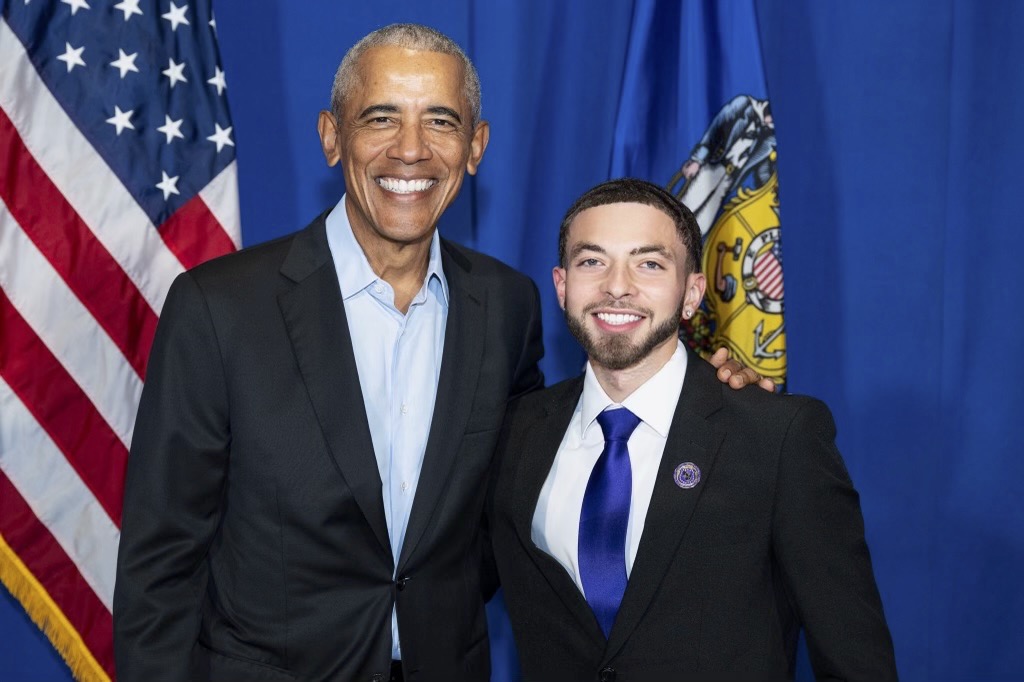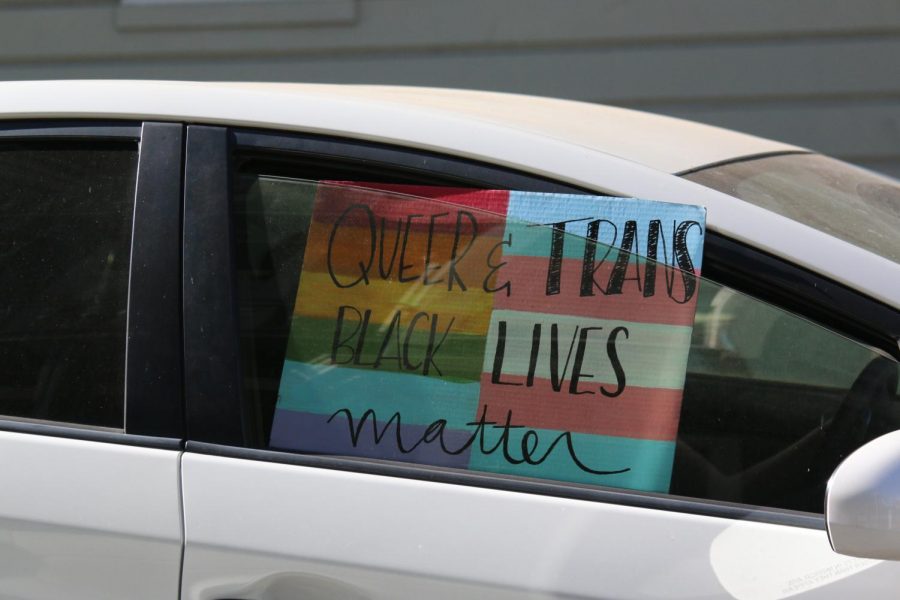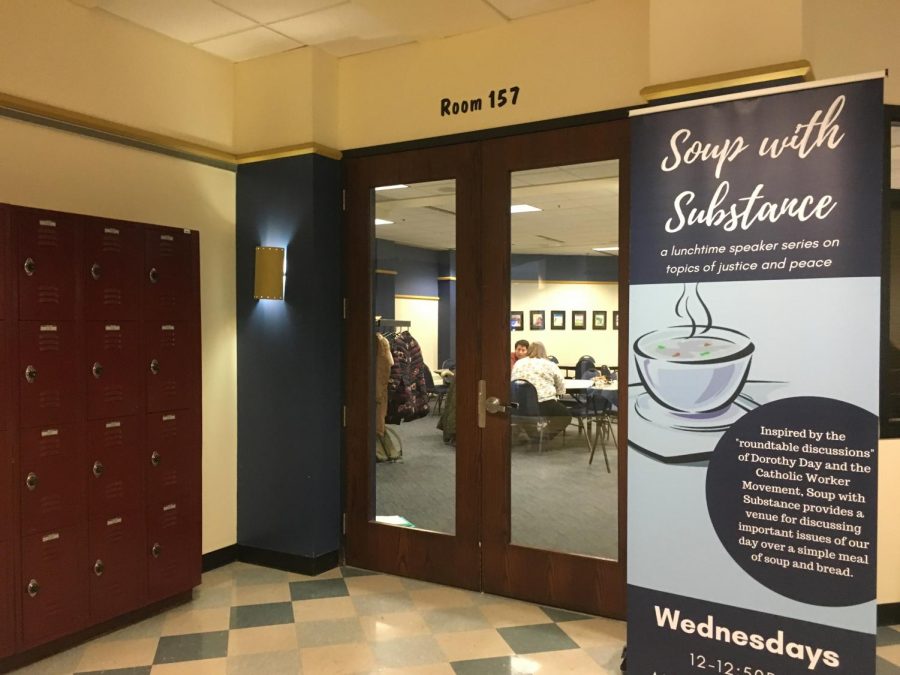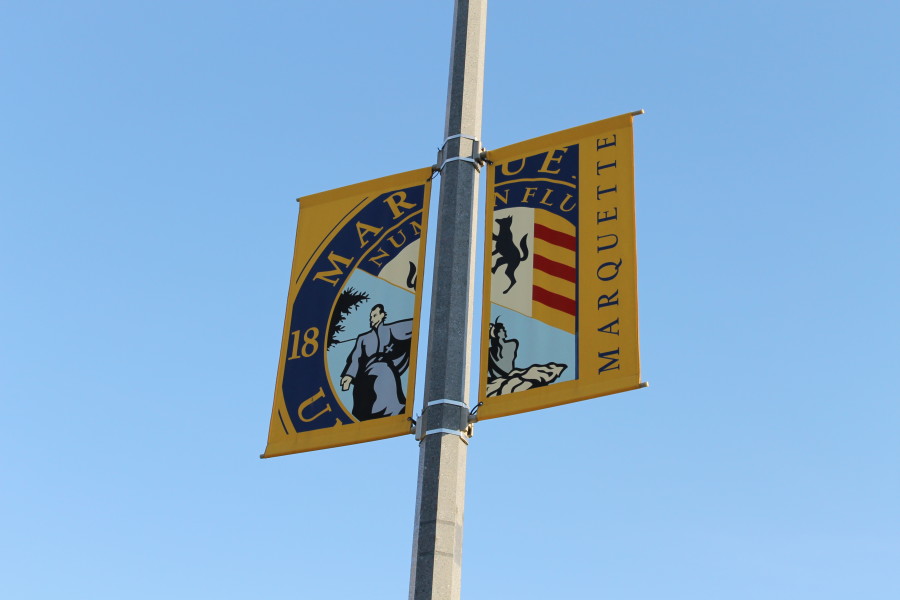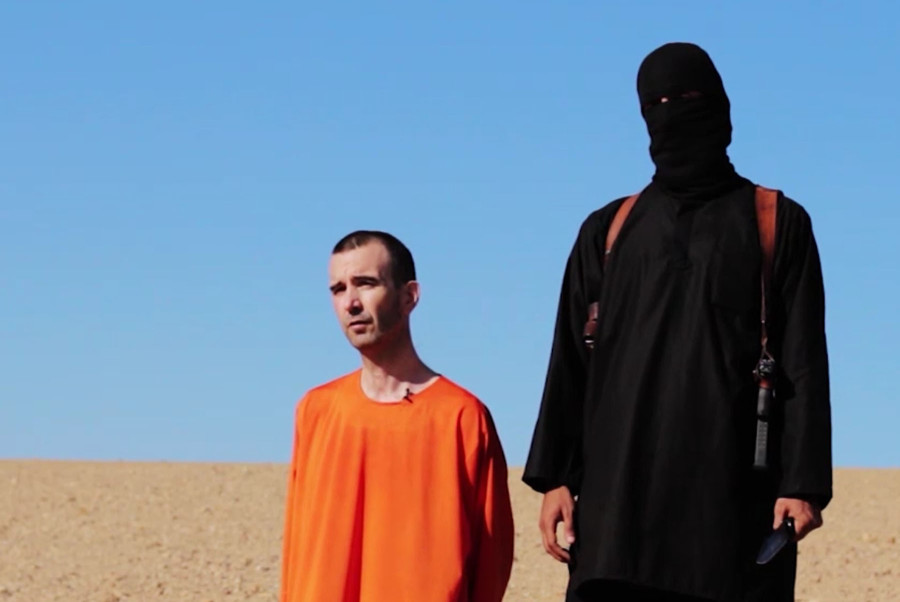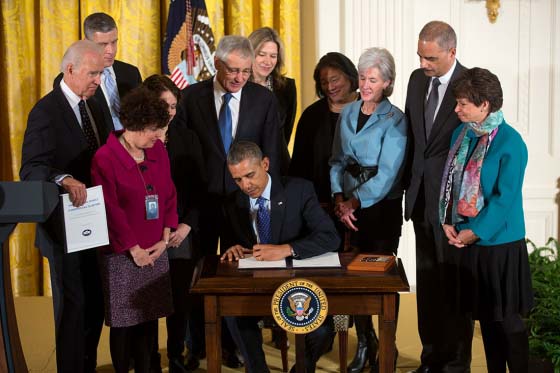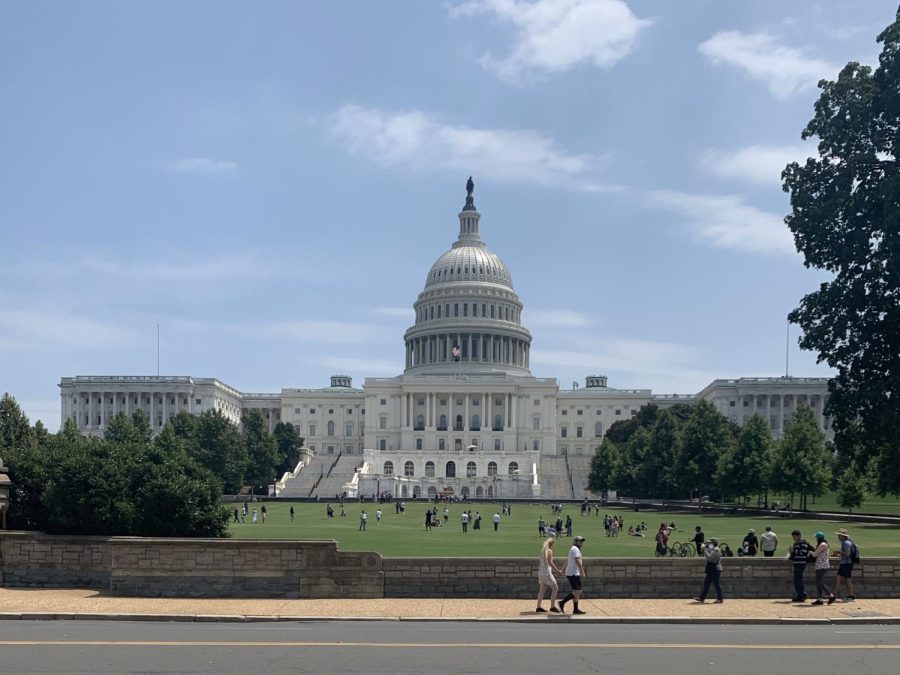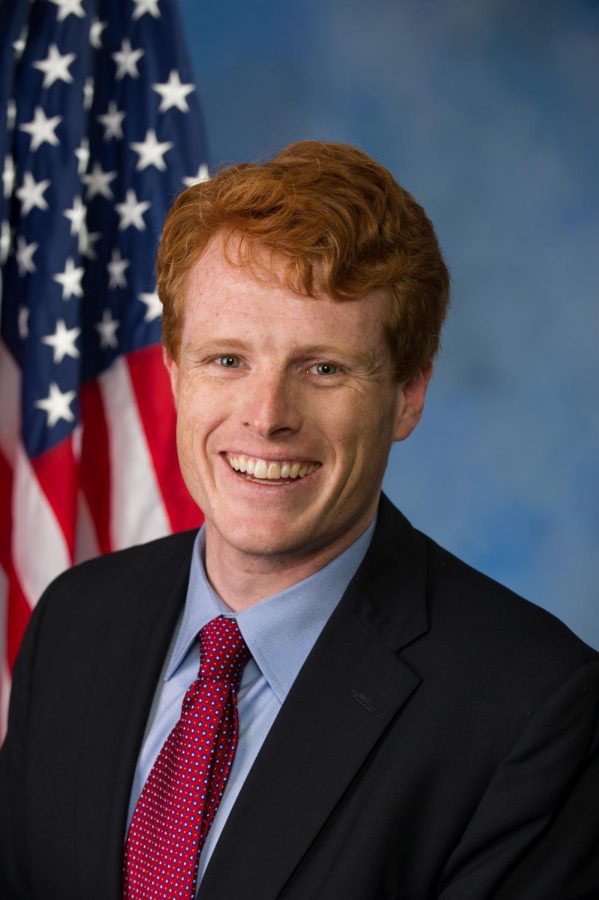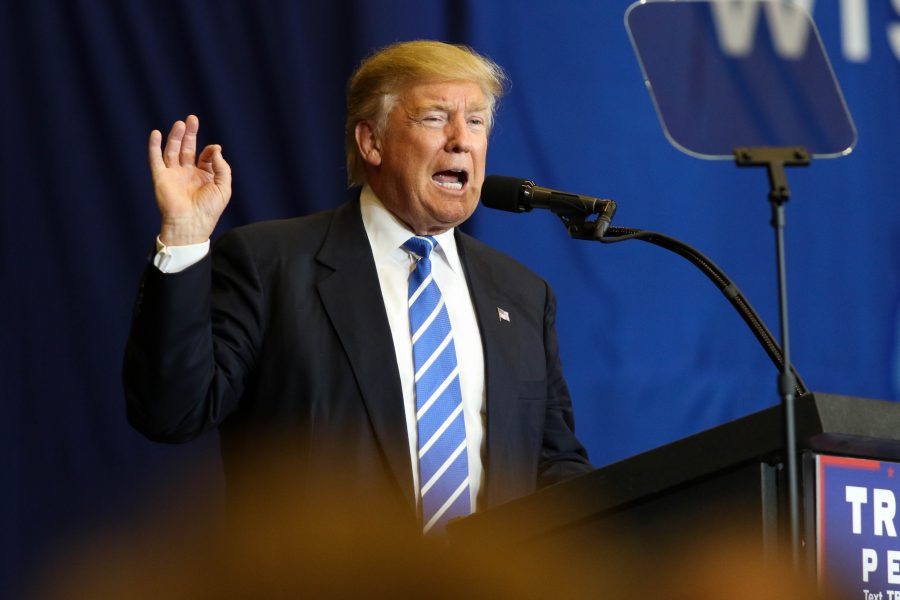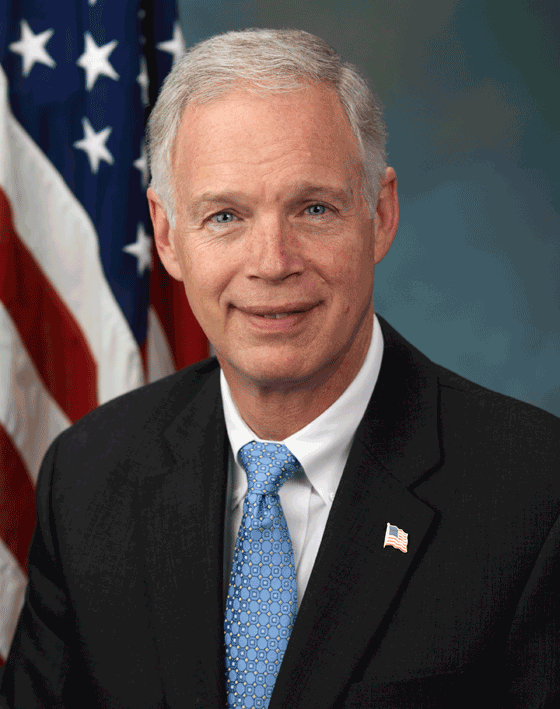
Fresh off an electoral victory and entering his second term, President Barack Obama declared “there is much progress to report” as he addressed Congress in his annual State of the Union Address Tuesday.
Obama’s speech continued trends from his inaugural speech, covering issues ranging from the minimum wage to gun control and climate change. On foreign policy, he outlined his plan to end the war in Afghanistan.
Focusing mainly on the economy, Obama made a case for ending austerity, suggesting a more balanced approach that includes greater government involvement to accelerate economic growth.
“Most Americans – Democrats, Republicans and Independents – understand that we can’t just cut our way to prosperity,” Obama said. “They know that broad-based economic growth requires a balanced approach to deficit reduction, with spending cuts and revenue, and with everybody doing their fair share.”
The president said the country’s deficit and mounting debt pose problems, but that they should not be the government’s primary focus.
“Most of us agree that a plan to reduce the deficit must be part of our agenda,” Obama said. “But let’s be clear: deficit reduction alone is not an economic plan.”
The presidents of both College Democrats and College Republicans, Zach Bowman and Patrick Garrett, respectively, agreed that Obama did not offer enough of a plan to reduce the deficit.
“I was disappointed that the president did not offer significant direction on deficit reduction,” Garrett said.
“(Obama) alluded to Bowles-Simpson, but besides that he didn’t provide much in terms of a plan for debt reduction, which I had hoped to see,” Bowman said.
Bowles-Simpson refers to the co-chairs of the National Commission on Fiscal Responsibility and Reform that Obama created to propose changes to fiscal policy.
Obama also addressed the impending sequester cuts set to take effect March 1. He emphasized that an agreement must be reached because the budget cuts could result in thousands of lost jobs. He stressed the need for bipartisanship to address the issue, noting Speaker John Boehner’s ongoing work to propose solutions.
“I think Republicans can work together with the president on those issues while upholding our core beliefs of opportunity and respect for the rule of law,” Garrett said.
For the first time during his presidency, Obama explicitly recommended increasing the federal minimum wage to $9.00 and even indexing it to inflation.
Bowman said one of Obama’s strongest points was his plan to invest in high-tech manufacturing and reach higher levels of research and development.
“One of his most compelling points was his continued call for investing in economic competitiveness,” Bowman said. “These investments in manufacturing, energy, infrastructure and education will continue to grow our economy from the middle class out.”
Looking back at recent natural disasters, the president turned to climate change and struck a decisive tone in combating it.
“We can choose to believe that Superstorm Sandy, the most severe drought in decades and the worst wildfires some states have ever seen were all just a freak coincidence,” Obama said, “Or we can choose to believe in the overwhelming judgment of science – and act before it’s too late.”
Obama sounded optimistic, saying that meaningful progress can be made. He called for a bipartisan, market-based solution to climate change, noting a proposal worked on by Vice President Joe Biden and former Senator Joe Lieberman of Connecticut. However, the president also appeared aggressive, saying he would personally tackle the issue if Congress did not.
“If Congress won’t act soon to protect future generations, I will,” Obama said. “I will direct my Cabinet to come up with executive actions we can take.”
One of the tangible outcomes of the president’s speech was the announcement that his administration will be releasing a college scorecard listing places where students can get the best education at an affordable rate.
He called upon colleges to limit tuition increases and keep costs down, instructing Congress to change the Higher Education Act to include value and affordability as preconditions for federal aid.
Obama also used the prime-time slot to announce that 34,000 more troops will return home from Afghanistan by the end of the year and that the war will be officially over by the end of 2014. By that point, the U.S. will move into a support role with Afghanistan to prevent the country from falling back into turmoil.
The most emotional part of the speech came when the president addressed gun violence. In attendance were the parents of Hadiya Pendleton, a 15-year-old Chicago resident who sang at the president’s inauguration and was accidentally killed in connection with gang violence in her hometown Jan. 29. Also in attendance was Brian Murphy, the Oak Creek police officer who first responded to the Sikh Temple shooting and fought off the gunman despite having been shot nine times himself.
Obama acknowledged those affected by the Newtown tragedy and called upon Congress to act on gun control.
“They deserve a vote. Gabby Giffords deserves a vote. The families of Newtown deserve a vote,” he said. “The families of Aurora deserve a vote. The families of Oak Creek, and Tucson, and Blacksburg and the countless other communities ripped open by gun violence – they deserve a simple vote.”


